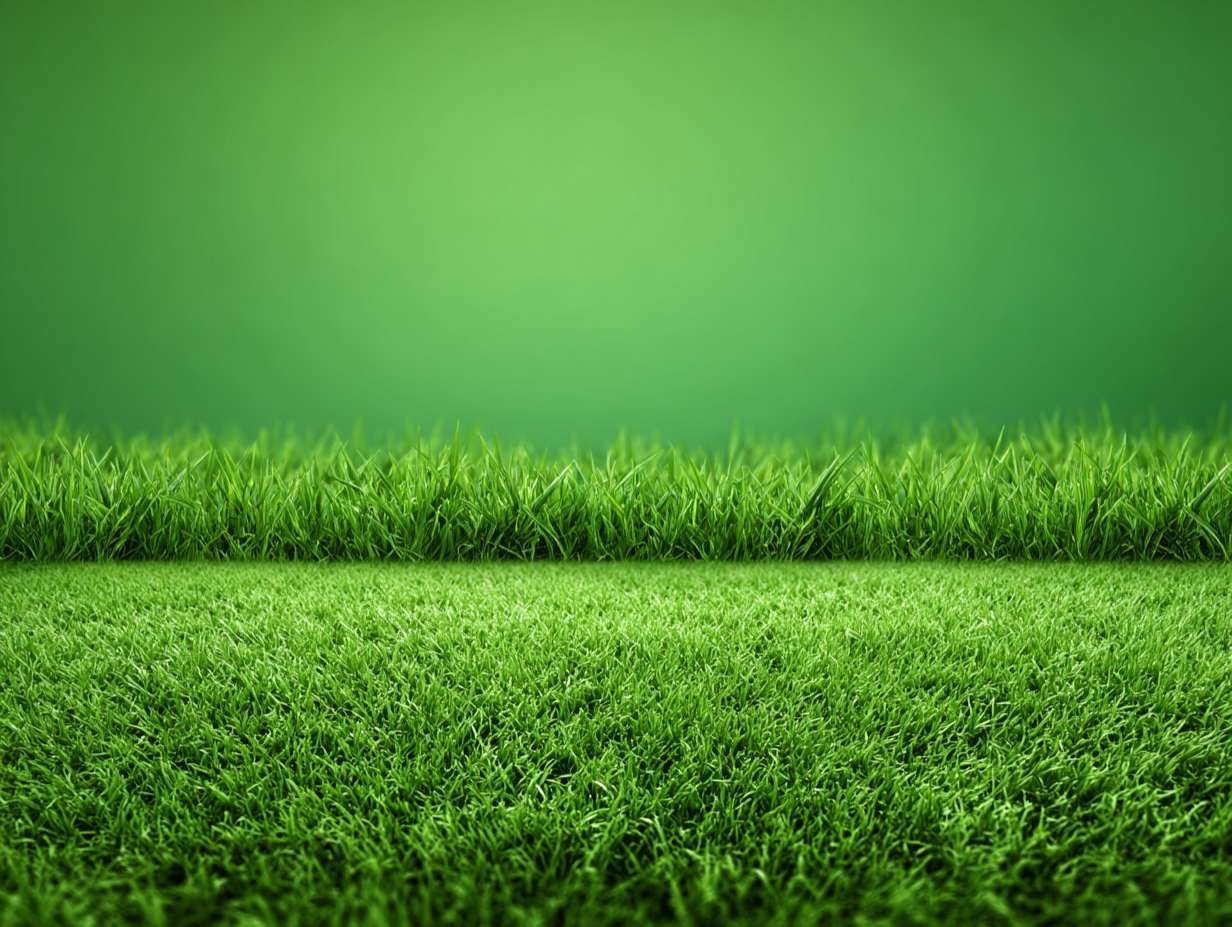
How to Get Rid of Wasps in Garden
Discover safe and effective ways to deter and remove wasps from your garden to enjoy a pest-free outdoor space.
How to Get Rid of Wasps in Your Garden
Wasps are common summertime visitors to UK gardens and, while they play a role in the ecosystem by pollinating and controlling pests, their presence can sometimes be unwelcome, especially if they become aggressive or build nests near your home. Managing wasps in your garden safely and effectively helps reduce the risk of stings and lets you enjoy your outdoor space more comfortably.
Identifying Wasps and Their Nests
Wasps are slender, black and yellow insects that tend to be more aggressive than bees. Their nests are often made from chewed wood fibres mixed with saliva, forming a papery structure. Common nest locations include tree branches, eaves of houses, sheds, garden furniture, and underground burrows.
Preventing Wasps in the Garden
Avoid attracting wasps by keeping food and drink covered when outdoors, especially sugary items. Clear away fallen fruit promptly, as wasps are attracted to sweet scents. Keep bins tightly sealed and clean to prevent attracting wasps looking for food scraps.
Natural Deterrents
Planting wasp-repellent herbs such as mint, eucalyptus, citronella and wormwood can help discourage them. You might also hang wasp traps or decoy nests to deter wasps from building new nests nearby.
Removing Wasps and Nests Safely
If you find a wasp nest on your property, it’s best to remove it as soon as possible, preferably early in the morning or late in the evening when wasps are less active. Use a wasp spray designed to kill wasps on contact, available from garden centres, and follow all safety instructions carefully. Wear protective clothing to avoid stings.
For large or hard-to-reach nests, consider hiring a professional pest control service to remove them safely.
Avoid DIY Poison Baits
Using homemade poison baits can harm other wildlife and pets, so it’s best to avoid these methods.
Seasonal Notes
Wasps are most active from late summer to early autumn, which is when they are likely to be seen in larger numbers and more aggressive while searching for food before winter.
Final Thoughts
Wasps can be managed effectively in your garden with prevention, natural deterrents and safe nest removal when necessary. By taking precautions and acting responsibly, you can reduce wasp problems while respecting their role in the environment.
